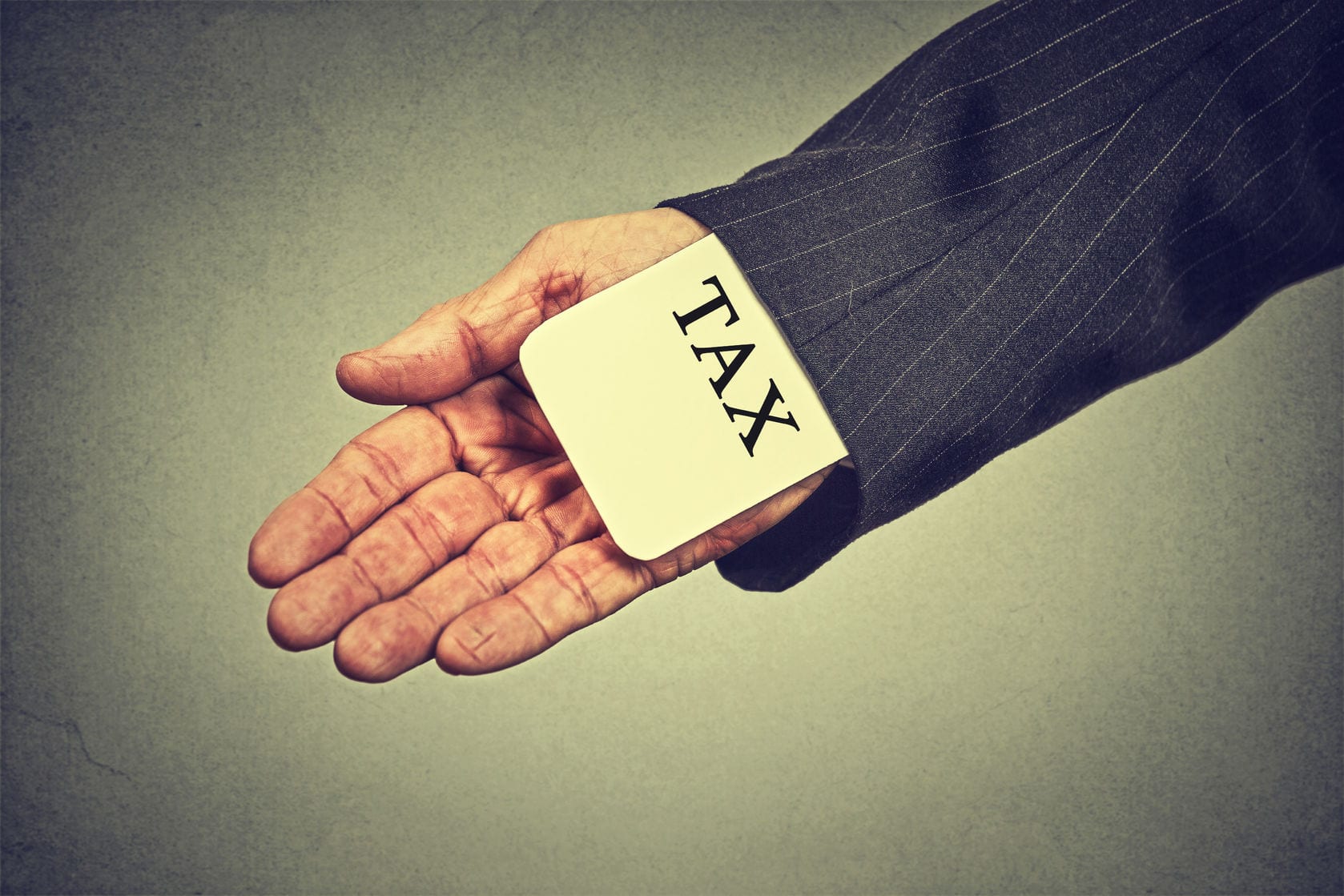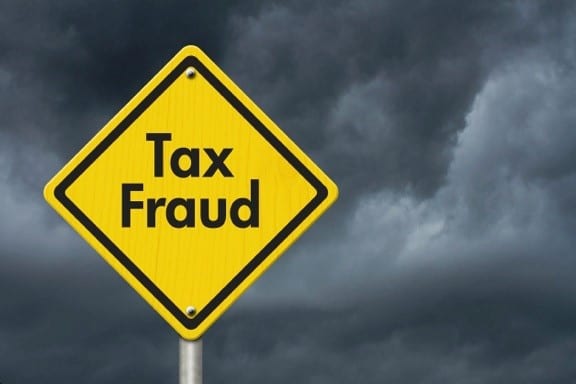- Home
- THE FIRM+
- Criminal Defense+
- CASE RESULTS
- AREAS WE SERVE+
- FAQ’s
- Blog
- Contact
AZHARI LLC BLOG

Posted By: Sami Azhari
Category:
By now, you have (hopefully) filed your taxes – or at least filed for an extension. The due date has come and passed, and soon the IRS will start looking at this year’s returns in an attempt to crack down on anyone who didn’t comply with the law and tried to cheat the government out of legally owed money.
They’re still in the middle of doing this for many violations that occurred in past years. One of the biggest cases currently going on comes from Chicago. Oscar Garrett, 55, has been indicted for income tax evasion and defrauding the state of Illinois out of $500,000.
How One Man Defrauded the State of Illinois to the Tune of $500,000
From 2011 to 2015, Garrett worked as an accountant and a tax preparer. To briefly describe the scheme he is accused of perpetrating, he allegedly filled out 1099-R forms for his clients, stating that they had made self-employment income that never existed. Because the clients didn’t know that Garrett fraudulently filled these forms out, and he was able to illegally obtain over $485,000 in tax refunds under their names.
This is not the first time Garrett has been accused of defrauding the government. He has served two and a half years in federal prison for similar charges. He has been charged on the following counts:
- Identity theft
- Income tax evasion
- Theft of government property
- Money laundering
- Mail fraud
- Wire fraud
- Forgery
He is currently being held on a $300,000 bond. In order to post bond, he will have to prove that he has a valid source of income. If convicted, Garrett will face between six and 30 years in federal prison.
What Is Tax Evasion?
Even for experienced accountants, tax season can be stressful and confusing. No matter what job you have or how much income you make, we all have one thing in common: we want to try our best to not pay too much in taxes. Working with a professional and writing off the right expenses can lower your taxes for the year, but there is sometimes a fine line between tax avoidance and tax evasion.
Working with the system to pay less on your taxes is legal. Your accountant can give you different options depending on your assets, income, and the amount of expenses that you can write off for the year. If you legally write off expenses that are related to your income, you are filing your taxes under the law. If you do not want to pay your taxes all at once, you have the option of setting up a legitimate tax deferral plan.
Tax evasion, however, is not so legal. It is essentially the same as tax fraud. Tax evasion involves giving blatantly false information to the government in order to pay less on your taxes. Tax evasion can also involve underpaying the amount that you owe, or failing to report payments to employees.
Individuals, as well as businesses, should be careful to report all income and payments that are made to employees throughout the year. Any missing information could be considered fraud.
What If I Made a Mistake?
Again, there are fine lines between tax avoidance and tax evasion. After all, taxes in our country are ridiculously complicated. Unfortunately, this is a fine line that could be the difference between legally saving a few bucks and spending 30 years in prison.
Accused of Tax Evasion? Consult a Chicago Criminal Defense Lawyer for Expert Guidance
If you are accused with tax evasion, you may be able to defend yourself by arguing that you were ill-advised, did not have intentions of defrauding the government, or were acting legally to avoid taxes.
Do not attempt to defend yourself alone, though. Talk to a Chicago criminal defense lawyer today for more information about defense strategies to tax evasion charges and how they might apply to your specific situation.
About the Author
Sami Azhari has been working as a lawyer since 2007, after receiving his Juris Doctor from the Michigan State University College of Law. He has handled numerous state and federal cases, and is known throughout the Chicago and Rolling Meadows area for providing his clients with high-quality, skilled representation. He has been recognized by SuperLawyers, the National Trial Lawyers Association, and other notable organizations, and has spoken at a number of legal conferences.


























































